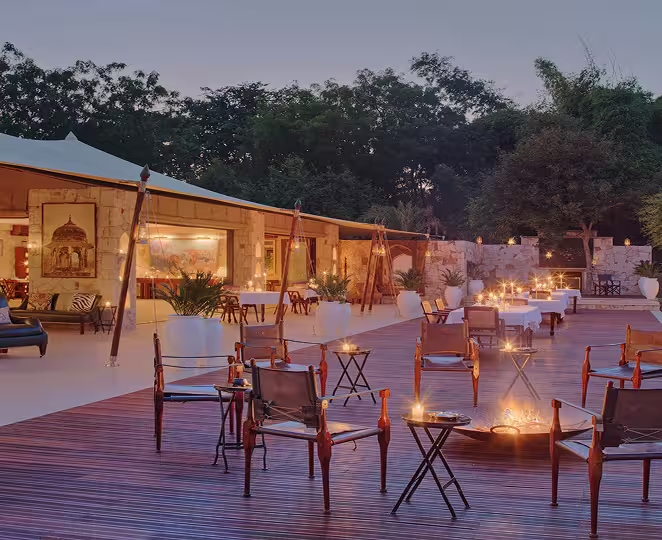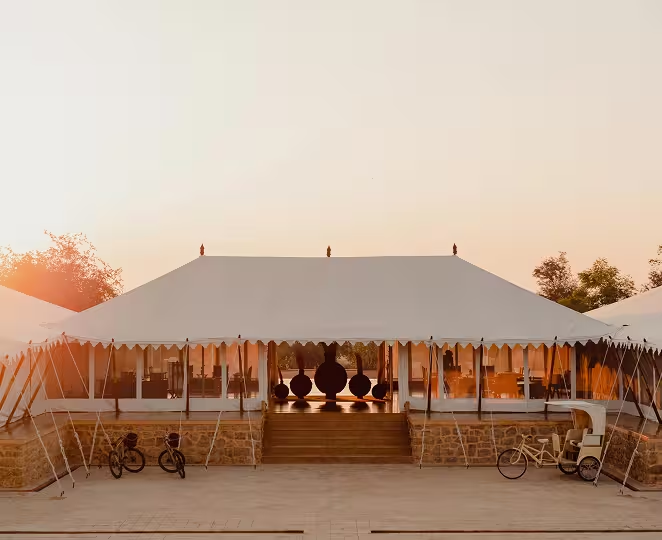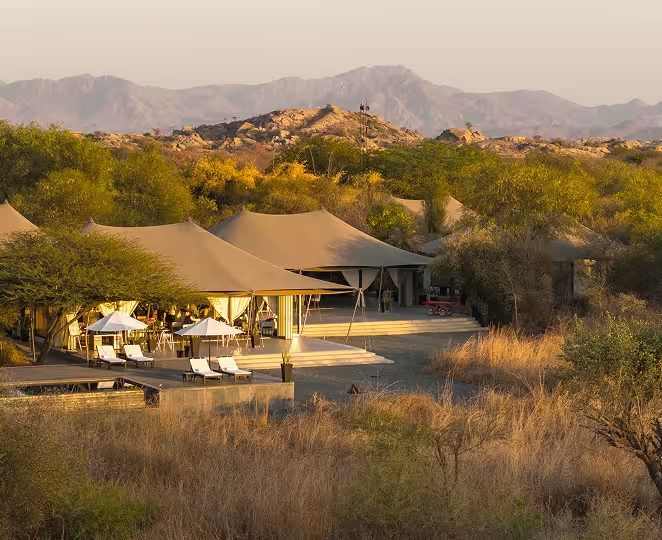.avif)
A legacy of conservation, hospitality and purpose
Over half a century ago our family fell in love with a land where the tiger roamed; Ranthambhore. That deep love and commitment has endured, grown and blossomed.
Born from a deep-rooted passion for India’s wilderness and cultural heritage, SUJÁN is more than just a collection of luxury camps, it is a mission to protect, preserve, and celebrate India's natural treasures. This is the story of SUJÁN, where hospitality meets purpose, and every journey leaves a lasting impact.

SUJÁN Enterprises is founded.
Sardar Bahadur Sadar Sujan Singh of Hadali, whose ancestors served as commanders in the Sikh armies establishes a company that diversified into a range of activities that included trading, and business in oil, cotton and real-estate development. Enterprise, creativity, and a commitment to perfection, have been the guiding principles of our family work ethic ever since.


The Building of New Delhi
SUJÁN Enterprises play a significant role in the setting up of the Coronation Durbar of King George V and Queen Mary in Delhi and laying the foundation stone for the new capital of India, and are entrusted to build the lion’s share of the new capital.


Indian Obtains Independence
India gained independence from nearly two centuries of British colonial rule on August 15, 1947, a pivotal moment in history that simultaneously led to the partition of British India into the independent nations of India and Pakistan. While India achieved its main goal of independence, the division resulted in widespread violence and displacement, with approximately 15 million people becoming religious minorities in their new countries.


The Wild Life Protection Act, 1972 is enacted by the Parliament of India.
The ban on the shooting of wild animals in India came into effect with the implementation of The Wildlife Protection Act of 1972. This was a landmark legislation in India that aimed to provide for the protection of wild animals, birds and plants and for matters connected therewith or ancillary or incidental thereto with a view to ensuring the ecological and environmentalsecurity of the country.


The Journey to Jaisalmer
Jaisal's parents, Tejibir and Malvika first travel to Jaisalmer to film their documentary "The City that Jaisal Built.' The film introduced the world to this medieval Indian city, its layout and architecture characterised by the havelis. It was the beginning of the family's deep rooted connection to the region. ‘The Nomads of Rajasthan’ followed Manganiars and Kalbelias, traditional bards of Rajputana who sang and led her warriors into battle and betrothal, highlighting their culture, ways of living and ancient songs and dance forms.
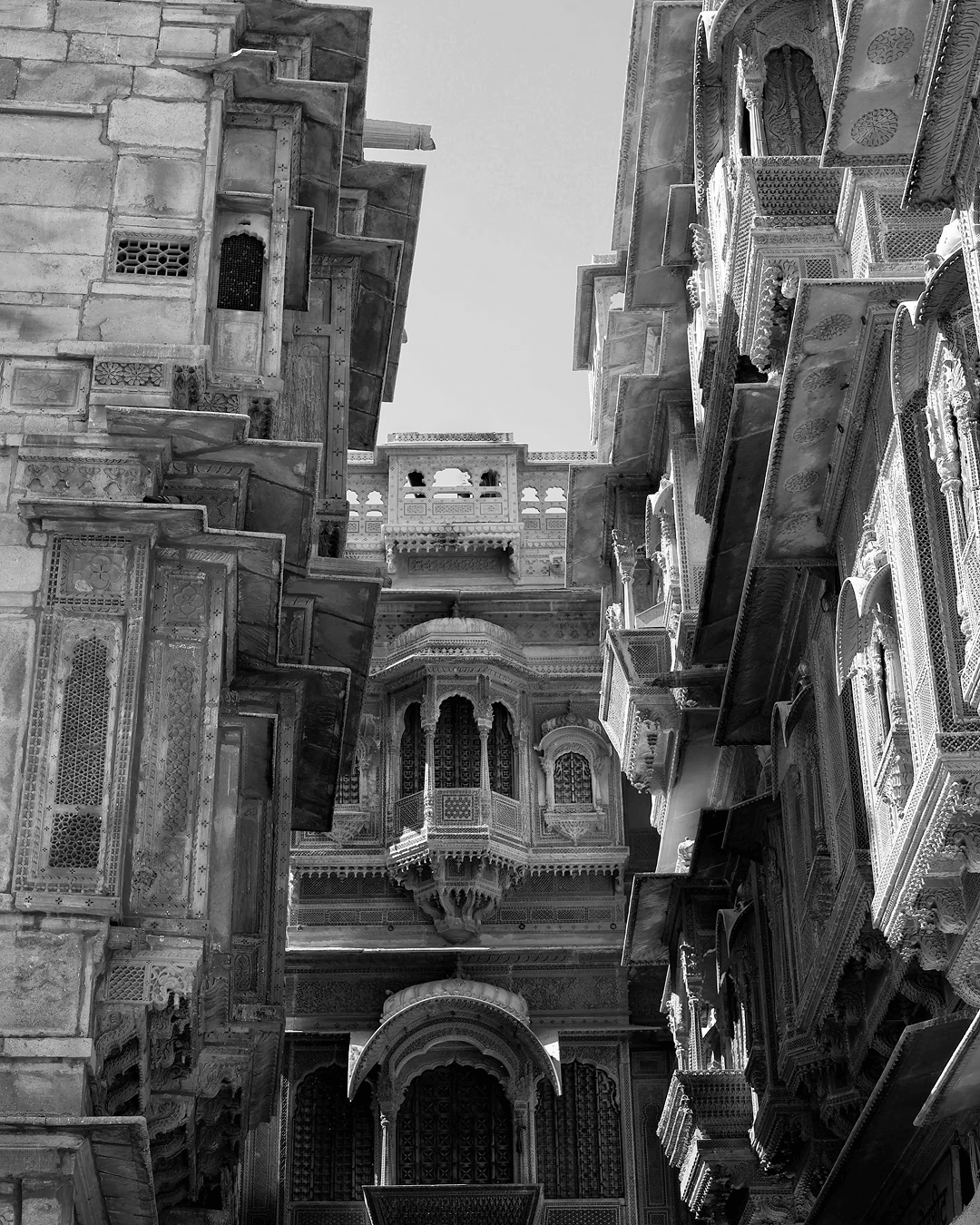

Tejbir and Malvika first travel to Ranthambhore.
Guided solely by a dim, distant flicker of a paraffin lantern burning at the ancient Mughal ruin of Jogi Mahal, they were welcomed by the formidable moustachioed Fateh Singh Rathore, the legendary warden at the time. They pitched their two-roomed tent under Jogi Mahal’s famous Banyan tree, against the dramatic backdrop of the high ramparts, awaking the next morning to find the pug marks of a tiger all around their fragile bedroom!


The ‘Jungles of Rajasthan’ film is released.
Jaisal’s parents had their own film workshop, travelling all over Rajasthan. This documentary was among the first documentaries by an Indian film company to record India’s wildlife on camera and certainly the Ranthambhore Tigers. Those were times when filming wildlife, let alone a tiger in the wild, was rare in India.
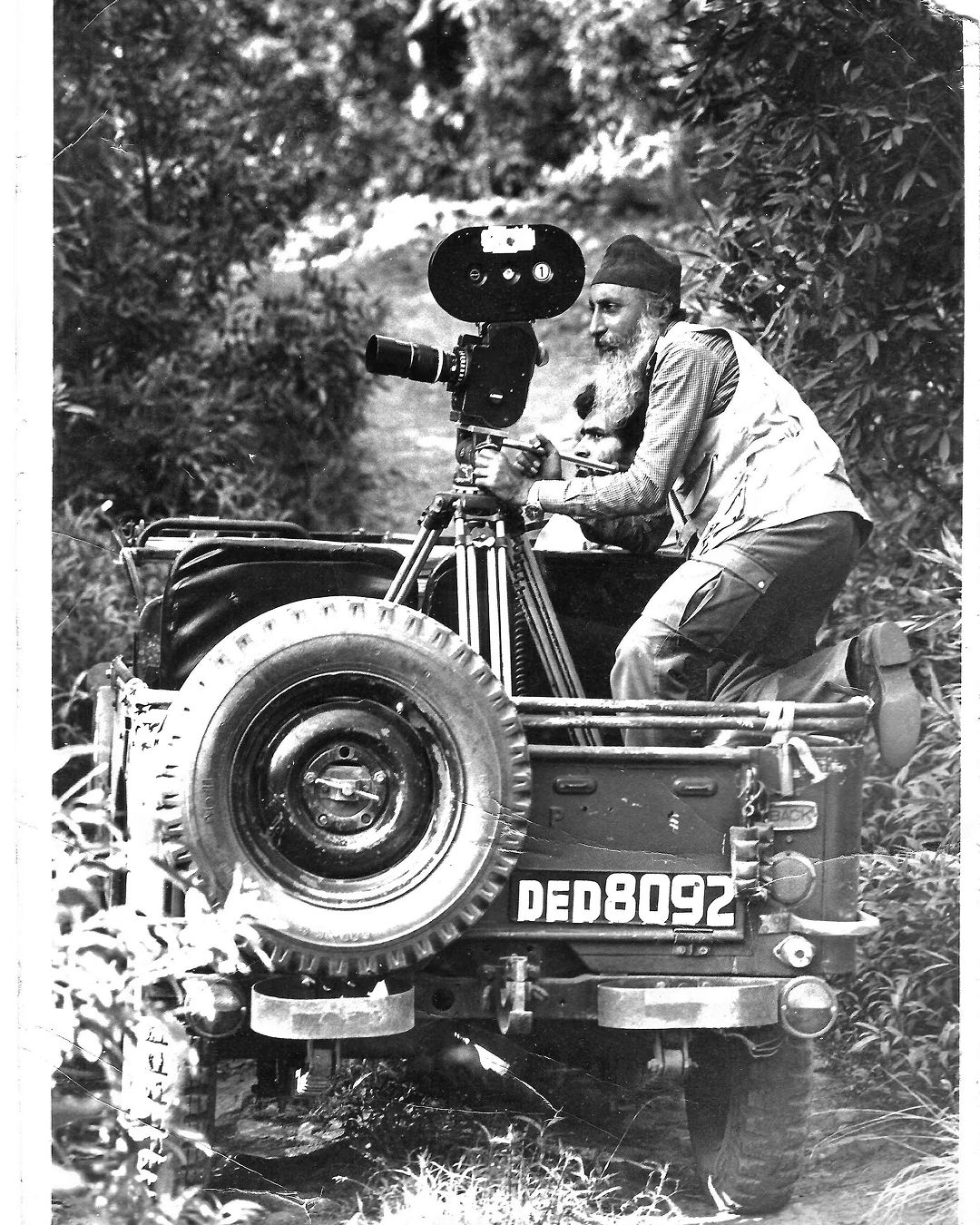

Jaisal's first visit to Ranthambhore.
In the winter of 1979 Jaisal was first carried to Ranthambhore, aged just eight weeks old, and although he does not remember anything of that visit, he did see his first tiger!


Ranthambhore Reserve is officially designated as a National Park.
Ranthambore Forest was first established by the Government of India in 1955 as the Sawai Madhopur Game Sanctuary and after this the forest of Ranthambhore was included in the tiger project in 1973 by the Government of India. On November 1, 1980 it was formally elevated it to National Park status. The forests surrounding it were named Sawai Man Singh Sanctuary and Keladevi Sanctuary and in the year 1991, these sanctuaries were declared as part of the tiger reserve area of Greater Ranthambore.
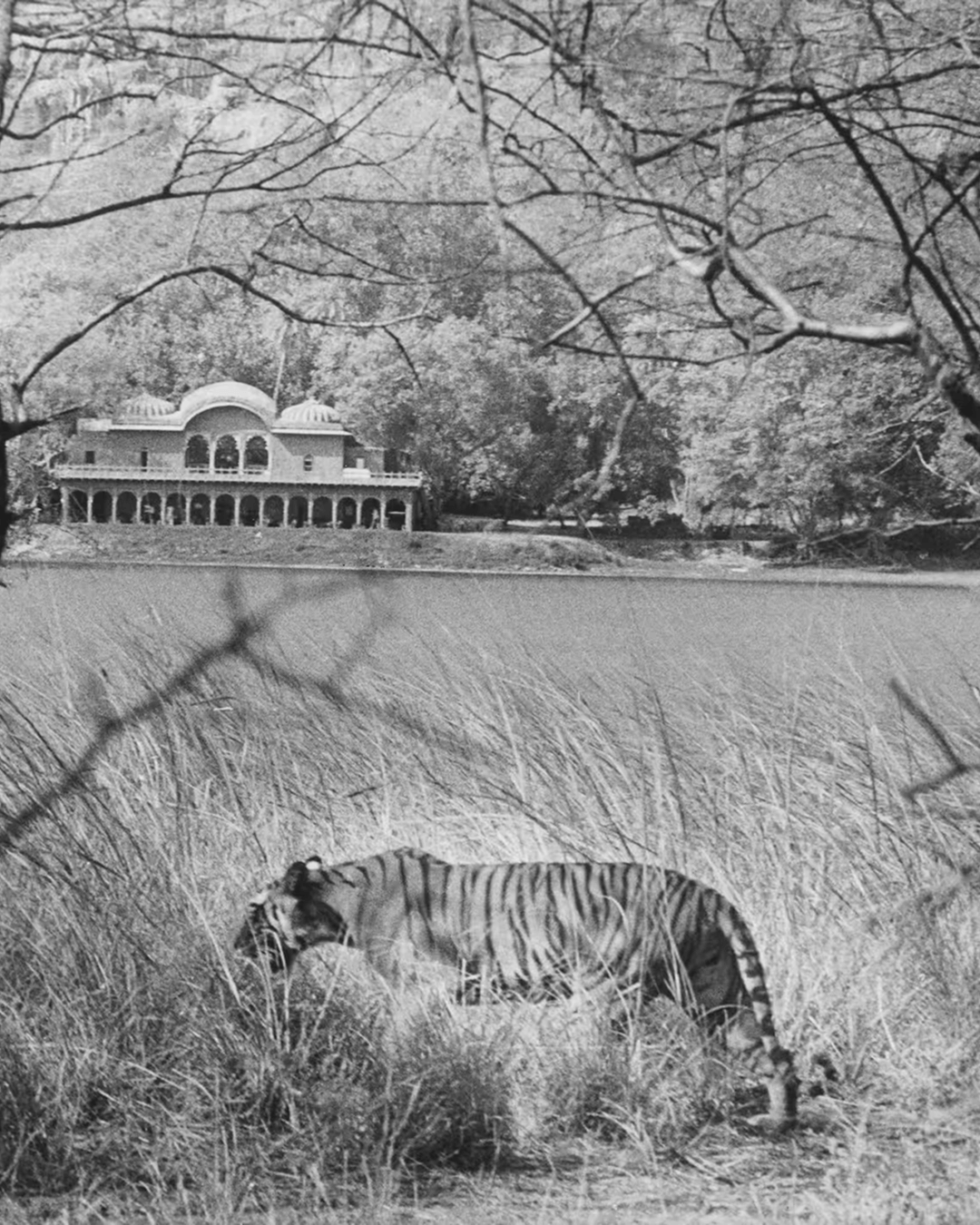

Jaisal learns the way of the jungle!
While Tejbir and Malvika were busy shooting their films, which included the first portraits of tigers (Ghenghis the male) hunting prey in water, Jaisal grew up under the shade of Jogi Mahal’s Banyan tree. The scents and sounds of the jungle became familiar boyhood companions and soon he was examining animal kills and trails expertly. Ranthambhore had begun his childhood home, a feeling that would remain always.


The Ranthambhore Foundation is founded.
In 1988, spearheaded by Valmik, and with some like-minded friends, including Jaisal’s parents, The Ranthambhore Foundation was founded. It’s mission was to preserve Ranthambhore, through active ‘community conservation’.
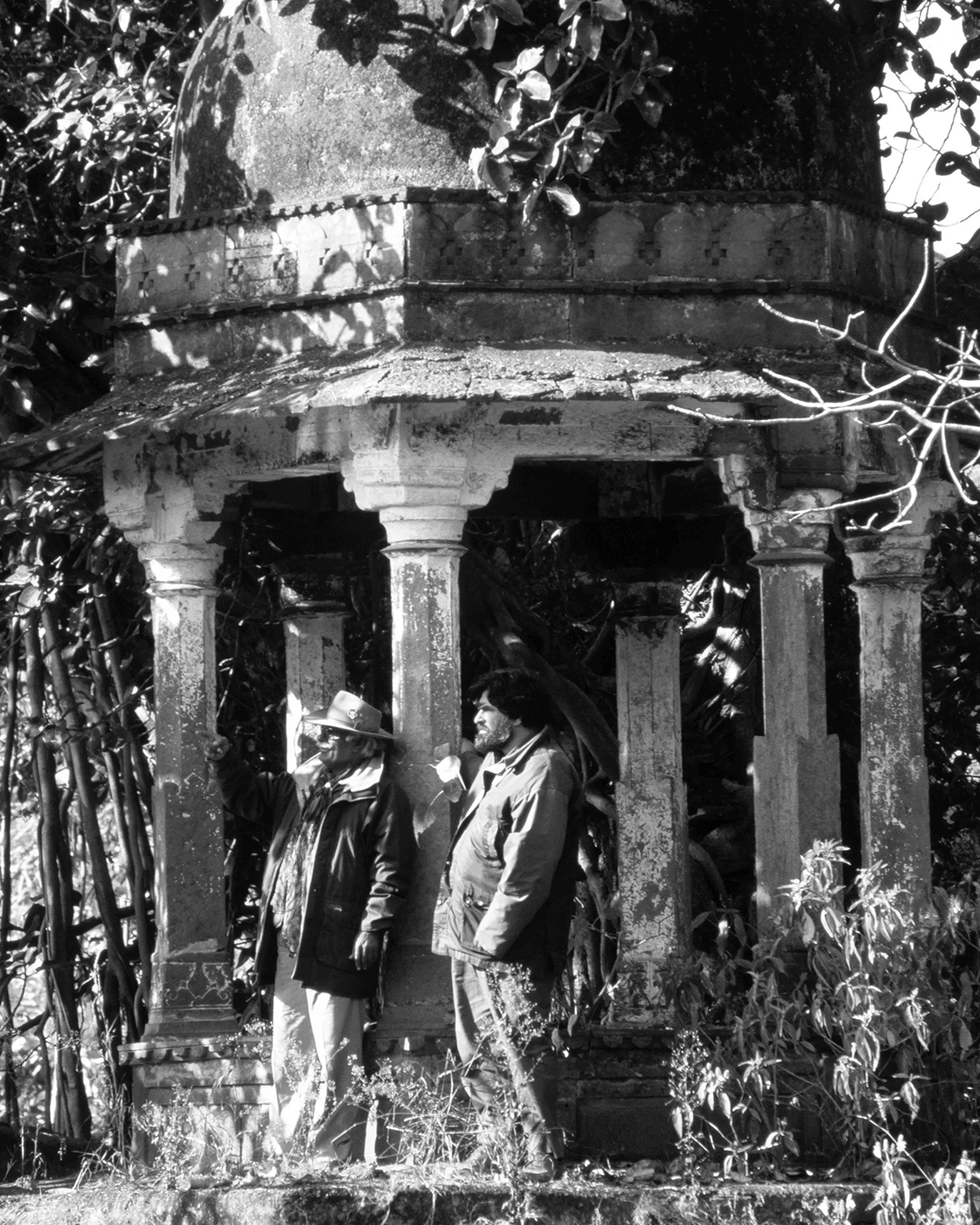

SUJÁN Sher Bagh opens!
SUJÁN Sher Bagh, Ranthambhore opens was founded, pitched within the family’s private farm on the periphery of what is now, the Ranthambhore Tiger Reserve. Within a year, SUJÁN Sher Bagh was listed among the ‘Top 100 hotels in the World’ by Tatler Magazine and awarded The British Guild of Travel Writers Silver Otter Award for Best Overseas Tourism Project.


SUJÁN Sher Bagh joins Relais & Chateaux
SUJÁN Sher Bagh, joins Relais & Chateaux in 2008. It was the first tented property in India to be invited to join the prestigious Relais & Châteaux association.
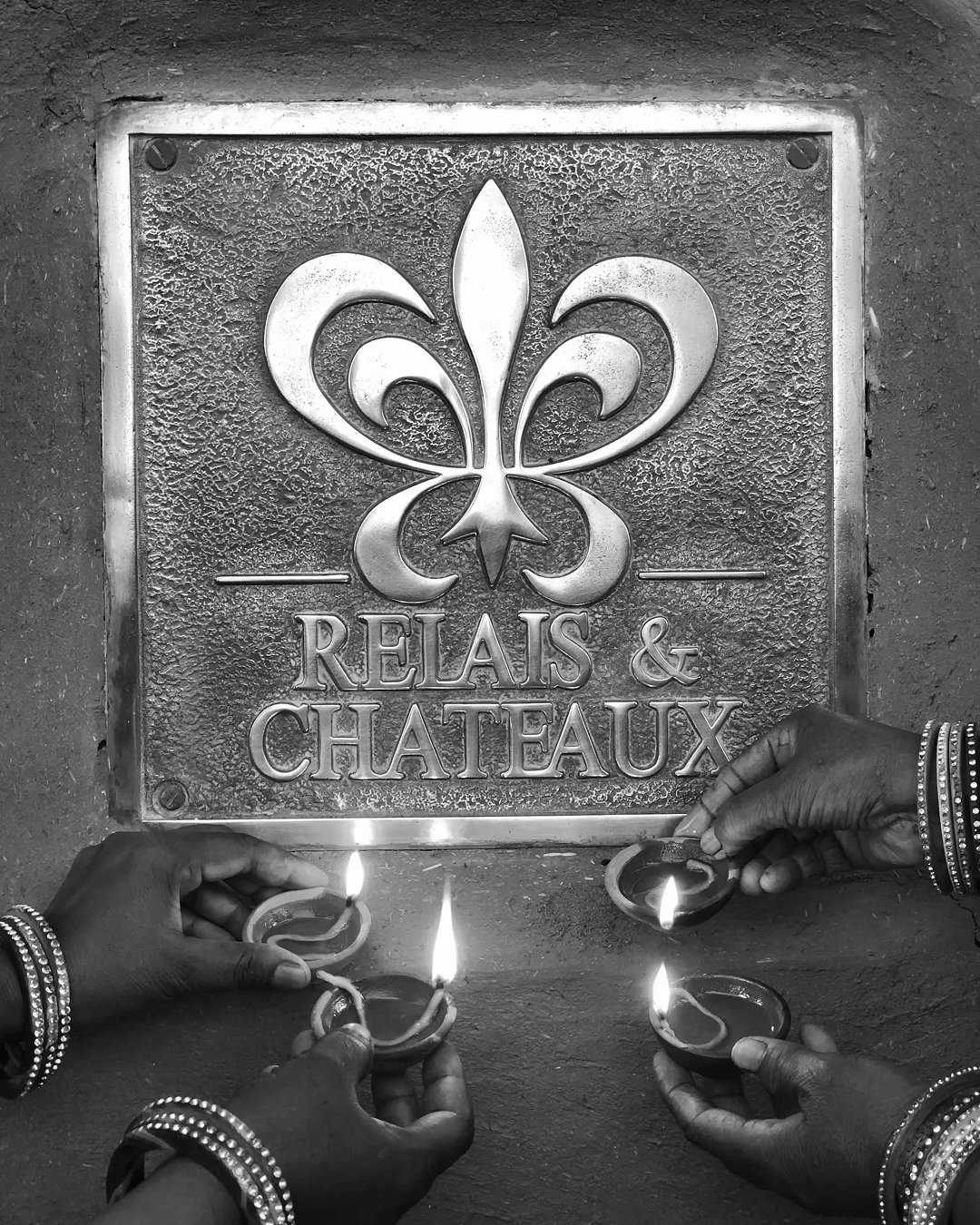

SUJÁN The Serai, Jaisalmer opens in the Great Thar Desert.
Jaisal & Anjali opened a new frontier in the Great Thar desert of Jaisalmer. Forty years after Malvika and Tejbir Singh, first filmed in the region, The Serai would be the first tented camp in this Western corner of Rajasthan.


Africa on the horizon!
The allure of that ancient continent led Jaisal & Anjali to invest in their first African venture in Kenya, The Elephant Pepper Camp in the North Mara Conservancy, in partnership with Cheli family. This partnership ended in 2023.
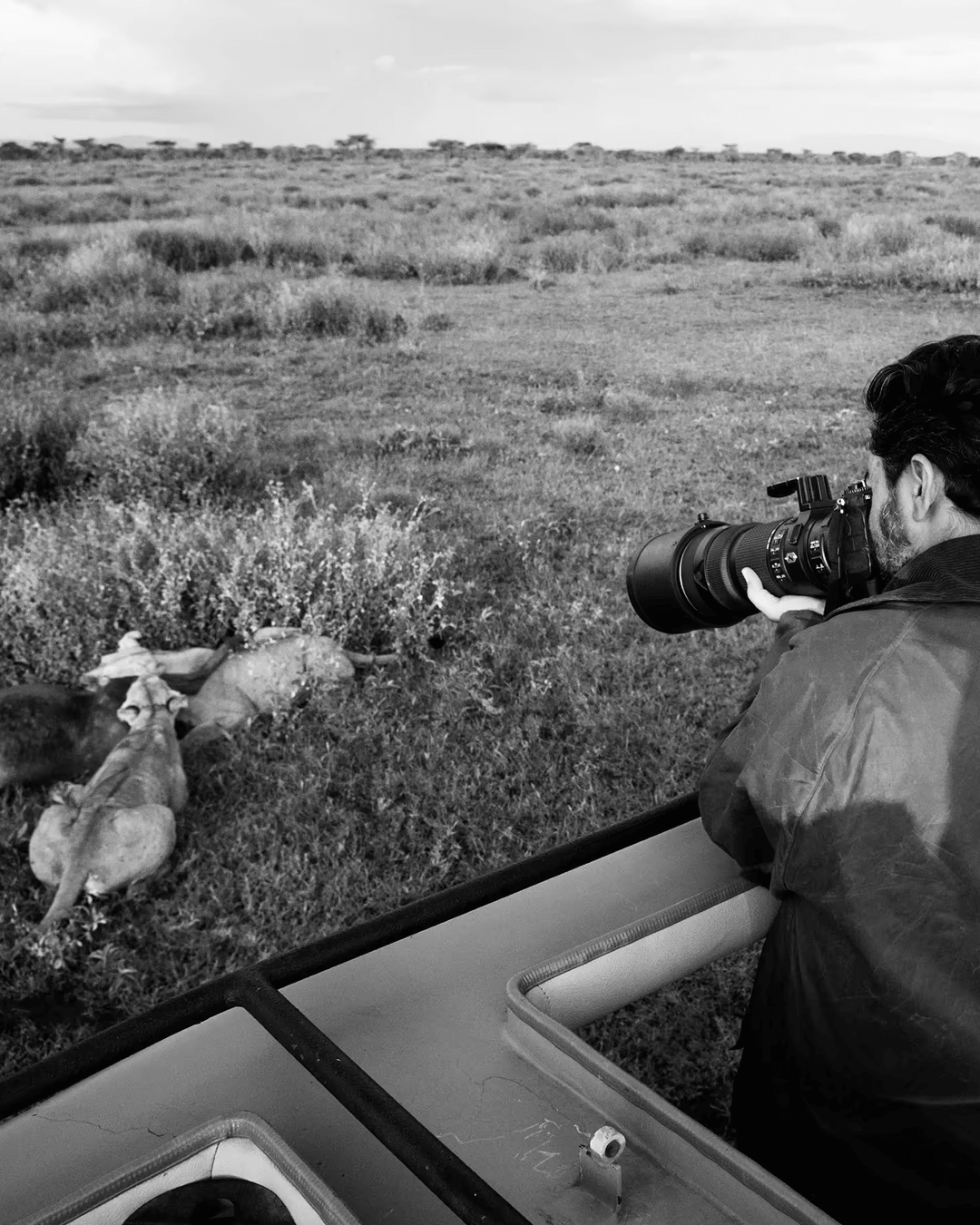

The next generation are born!
Anjali & Jaisal welcome twins to the family, Sujan & Amrit. They too were taken to Ranthambhore aged just 8 weeks old and have spent a lot of their childhood travelling on safari in India and beyond!
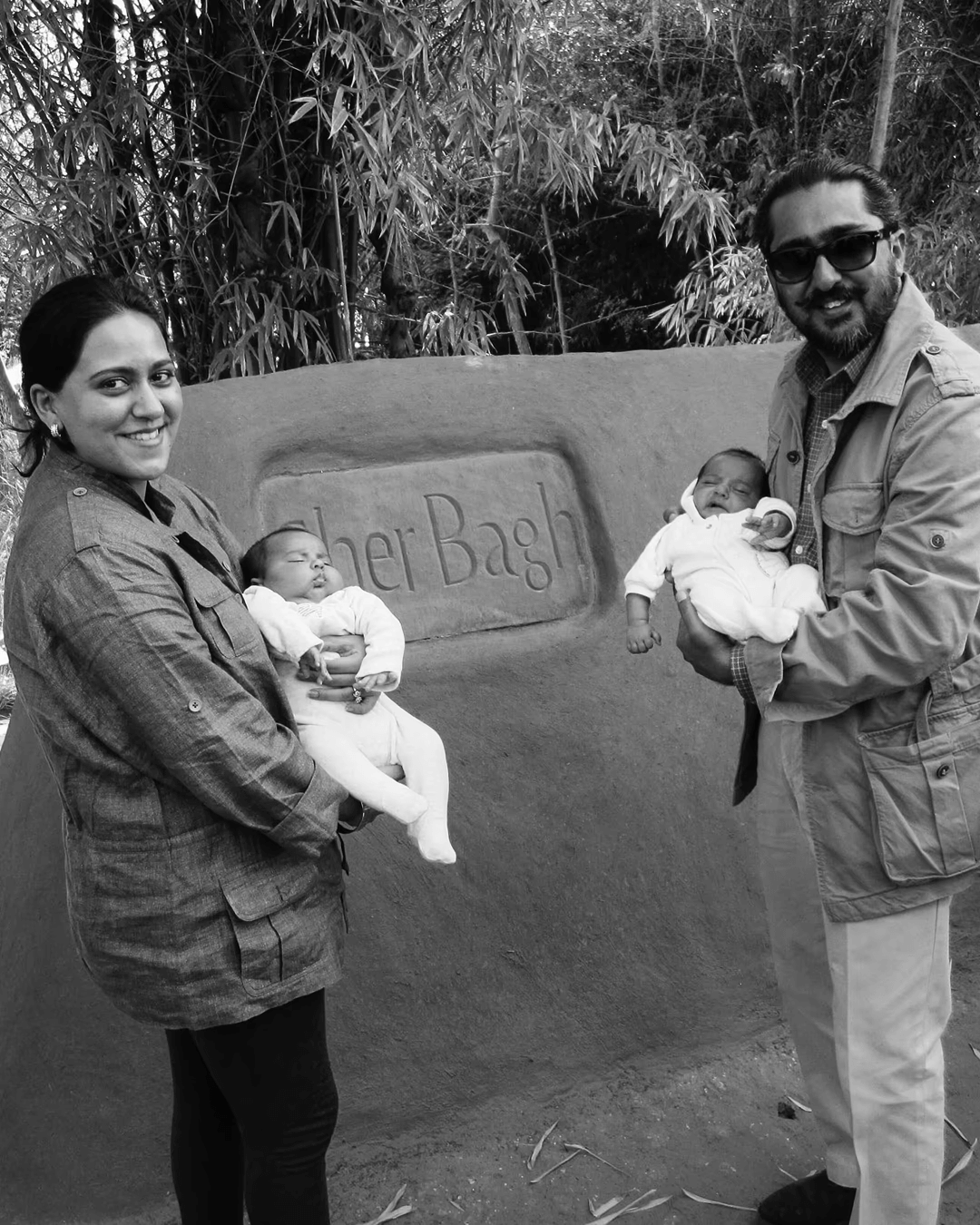

The launch of SUJÁN Jawai.
Our pioneering conservation tourism project SUJÁN JAWAI opens to guests in December 2013, for over a decade it has been widely acclaimed as one of the world’s most unique and impactful wilderness destinations.
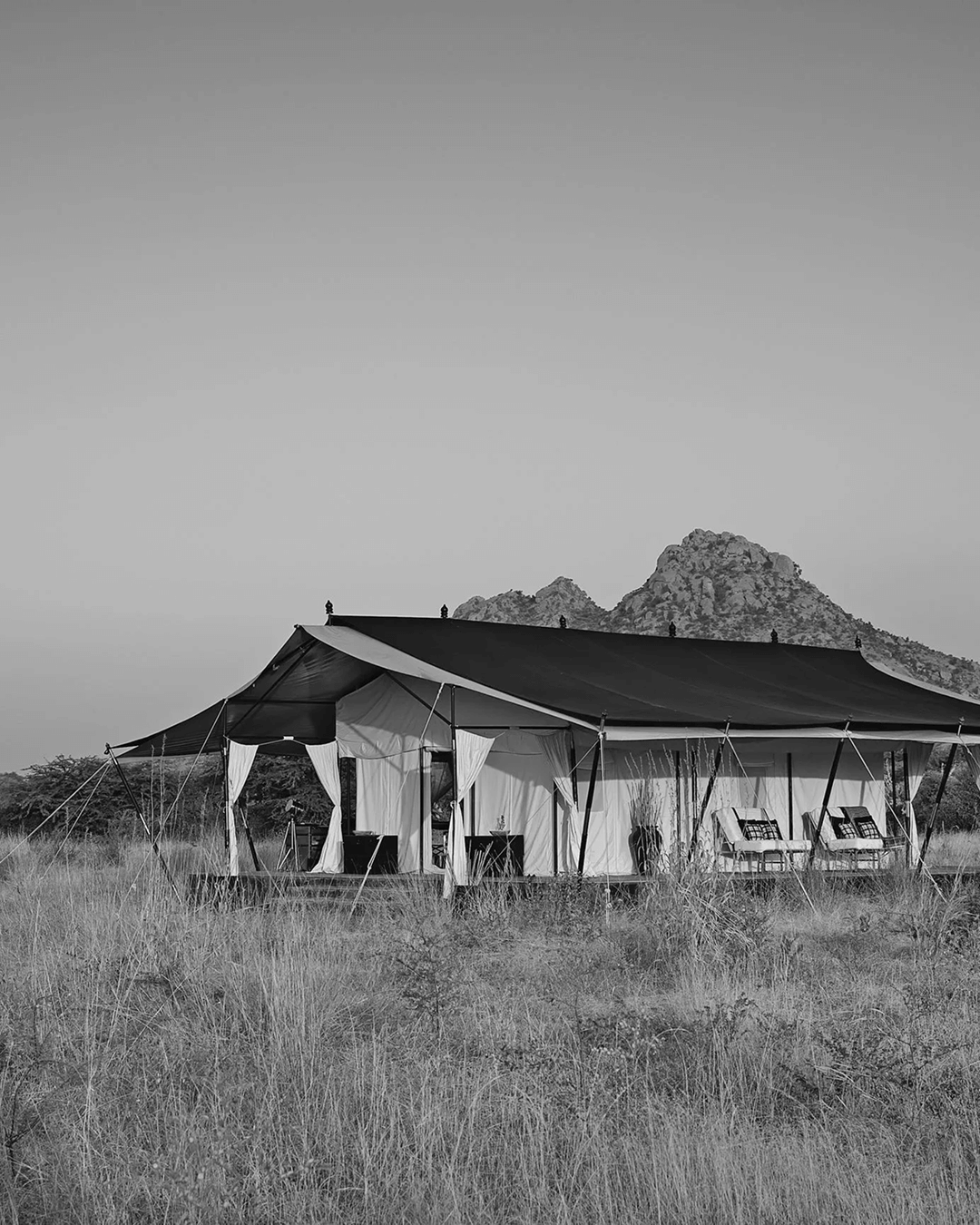

SUJÁN takes to the Pink City!
SUJÁN are entrusted by The Royal Family of Jaipur to open SUJÁN Rajmahal Palace, Jaipur, in the heart of the fabled ‘Pink City’. For 5 years the Palace was put on the global traveler’s map and achieved over 9 million pounds worth of media coverage, appearing on the front cover of all leading travel titles.


Jaisal champions conservation on a government level
Jaisal is elected as The Government of Rajasthan’s Standing Committee for Wildlife, and also the State Board for Wildlife, chaired by the Chief Minister of Rajasthan. He is also made a member of the Expert Committee on Tigers constituted by the Government of Rajasthan. In addition, he was also nominated as Special Invitee for the Punjab State Board for Wildlife, chaired by the Chief Minister of Punjab.
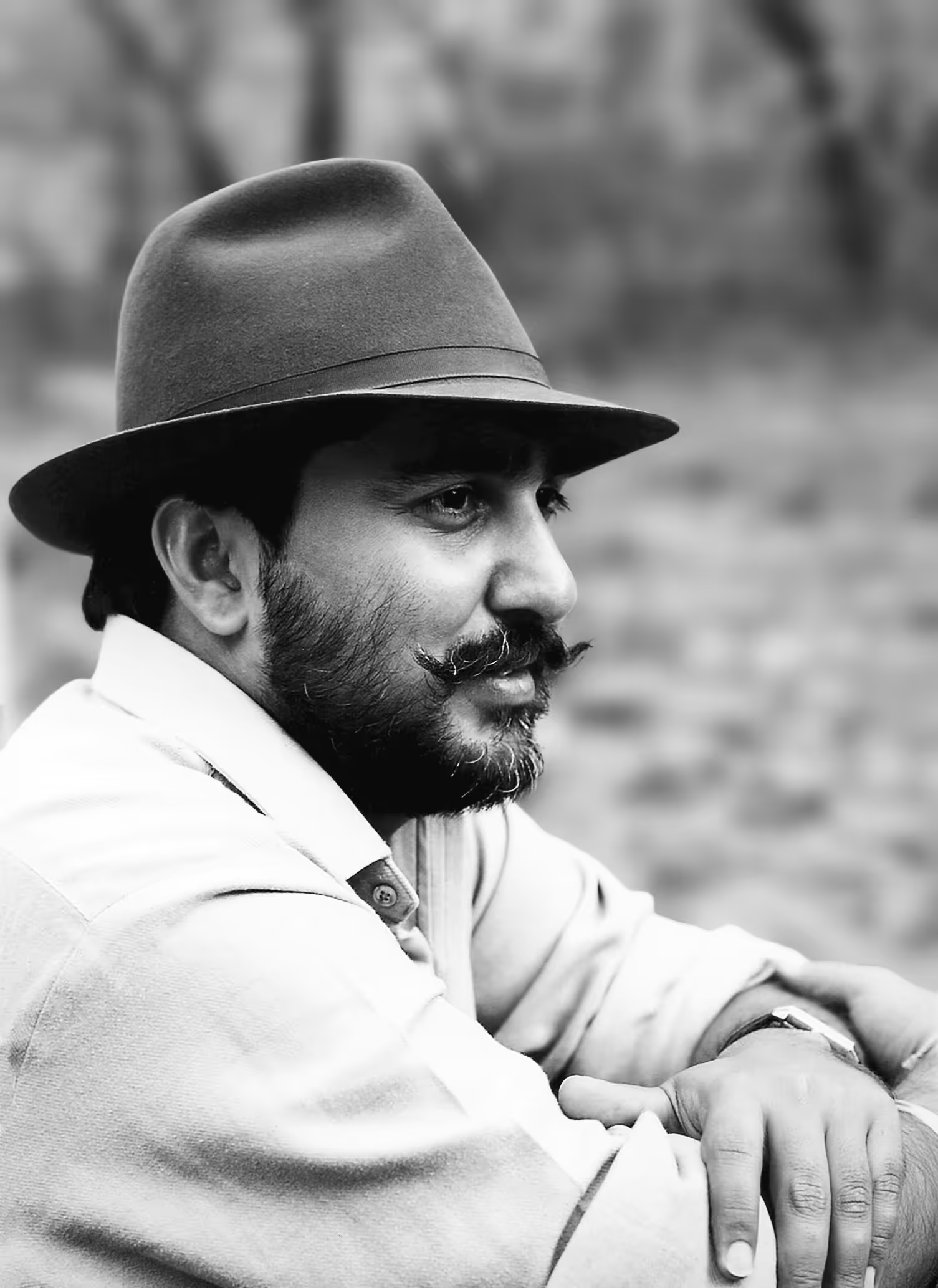

We bid Valmik farewell
India’s most formidable conservationist and champion of the tiger Valmik Thapar, Jaisal maternal uncle passes away after a short and tragic battle with Cancer.
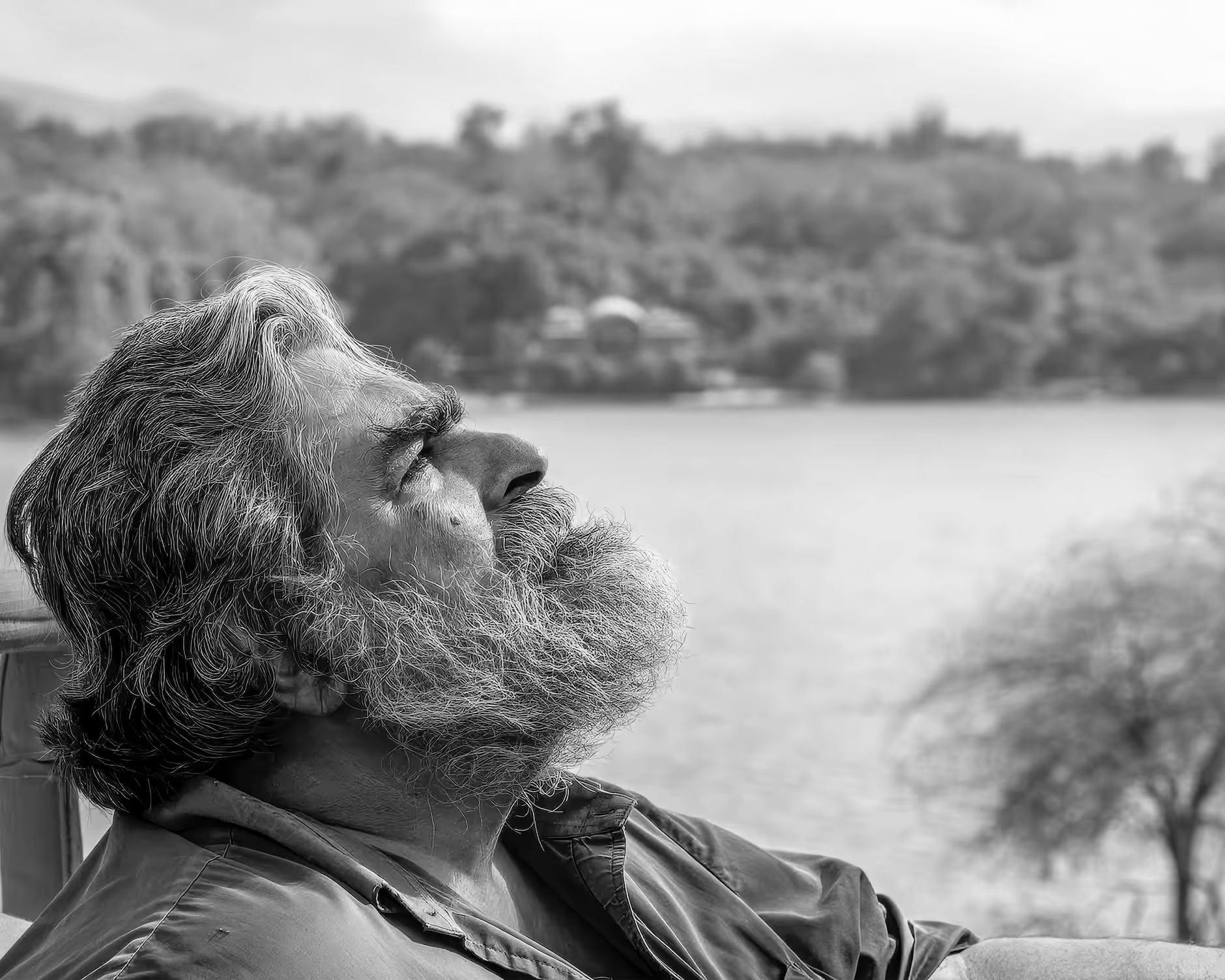

Our Collection
Our three wilderness and safari camps in Rajasthan each offer a unique travel experience rooted in conservation, culture, and conscious luxury. More than just a safari, every SUJÁN offers a deeply personal journey into India’s natural and cultural heritage; where wildlife, history and responsible travel blend seamlessly.
